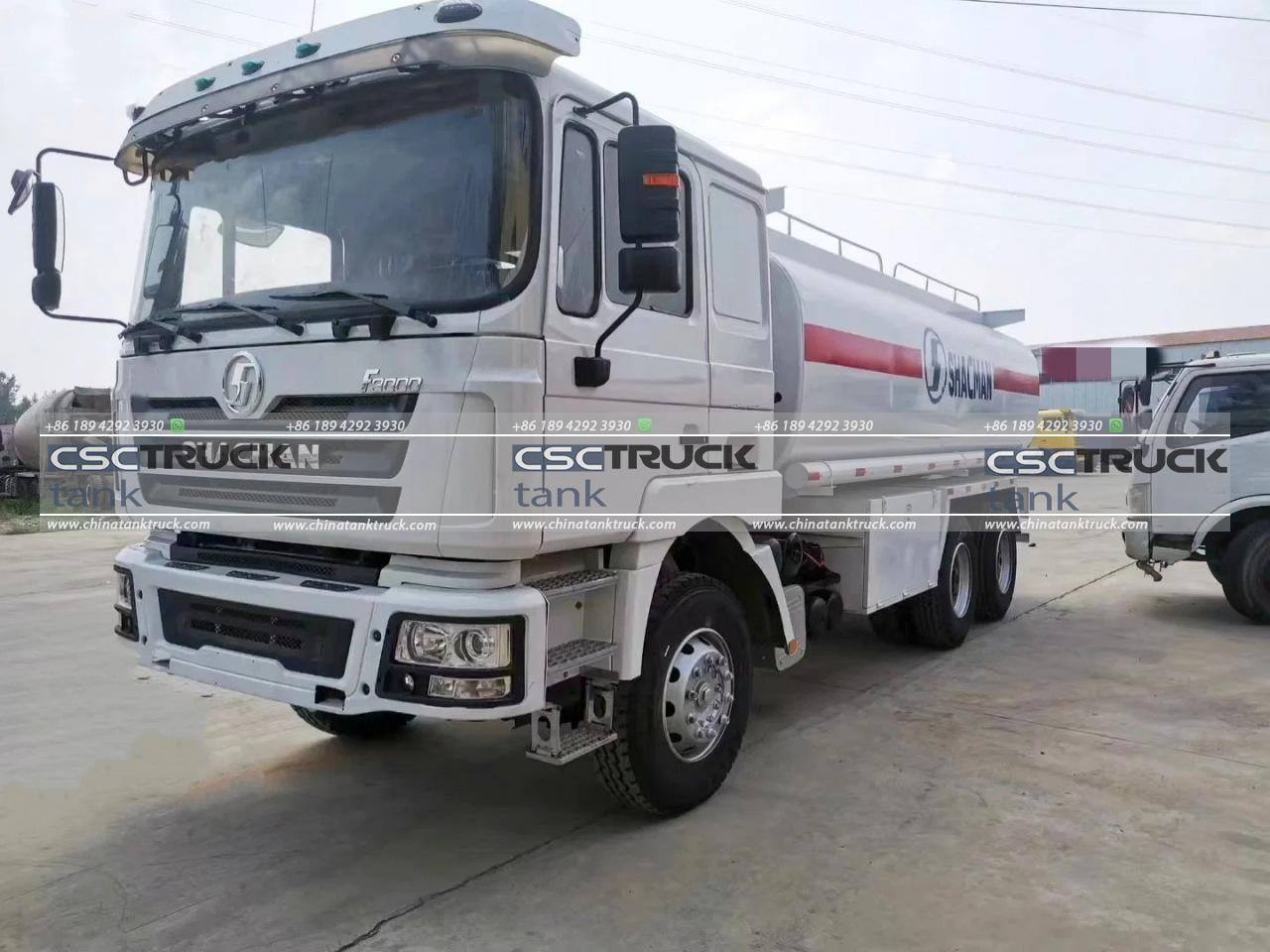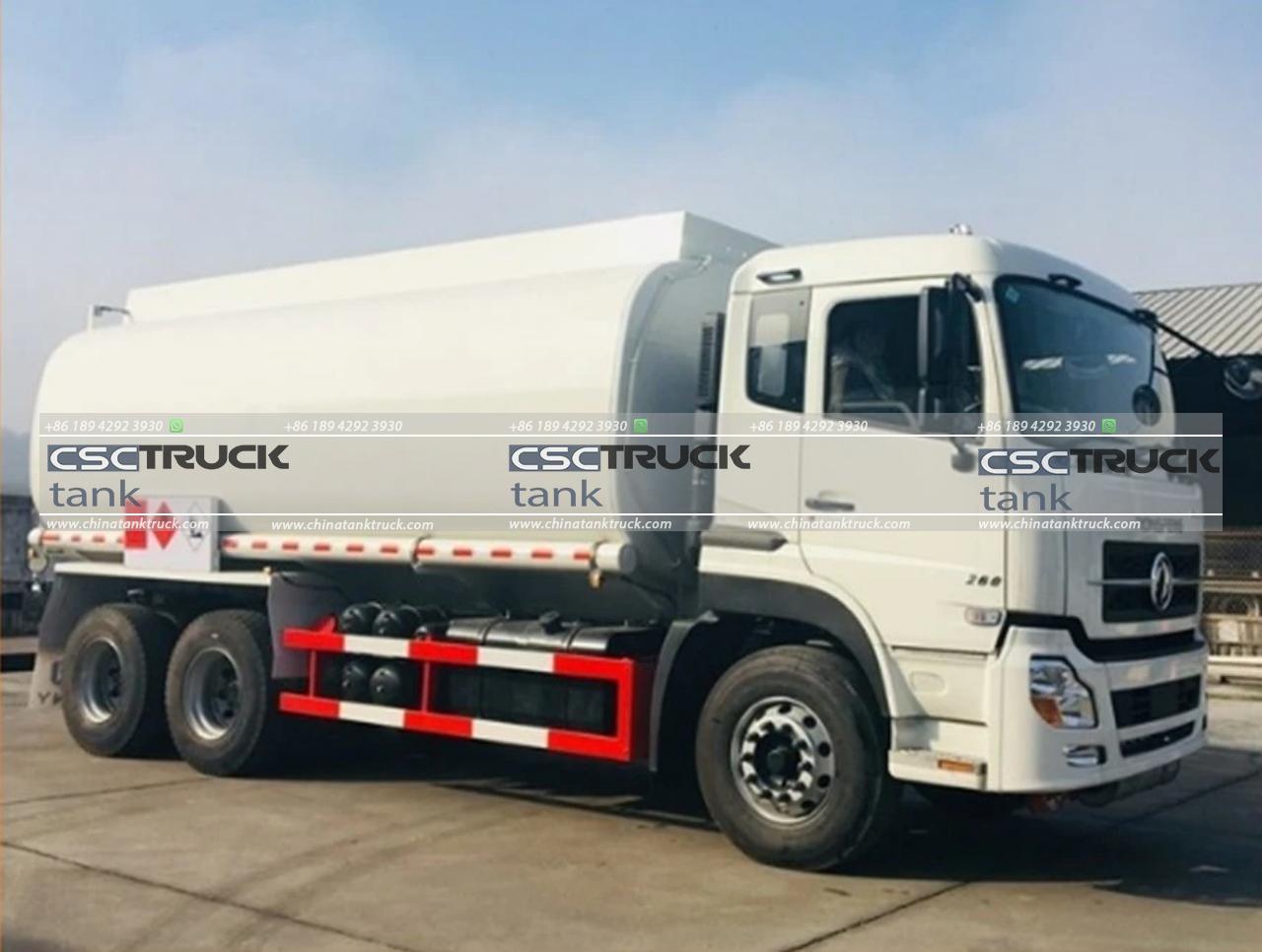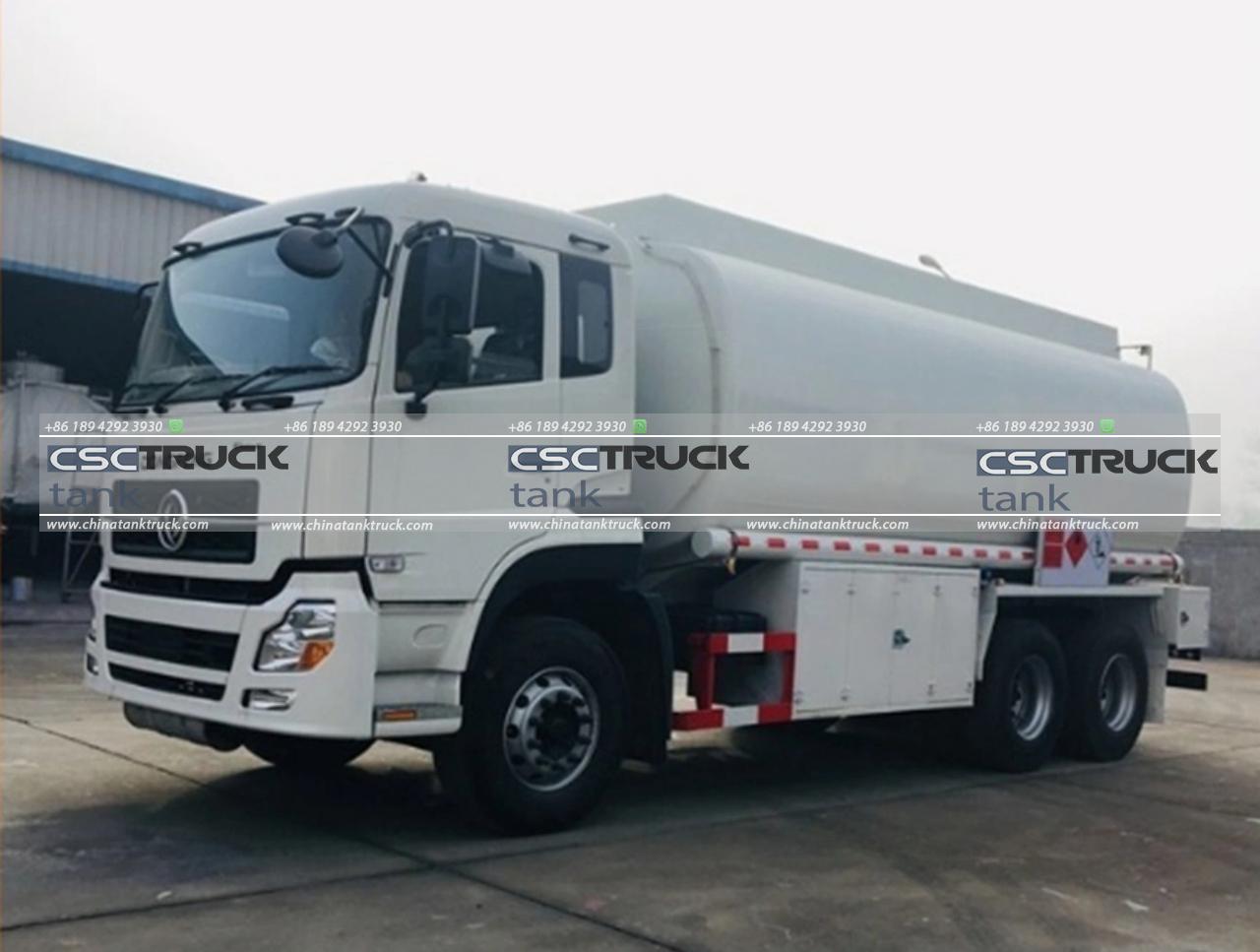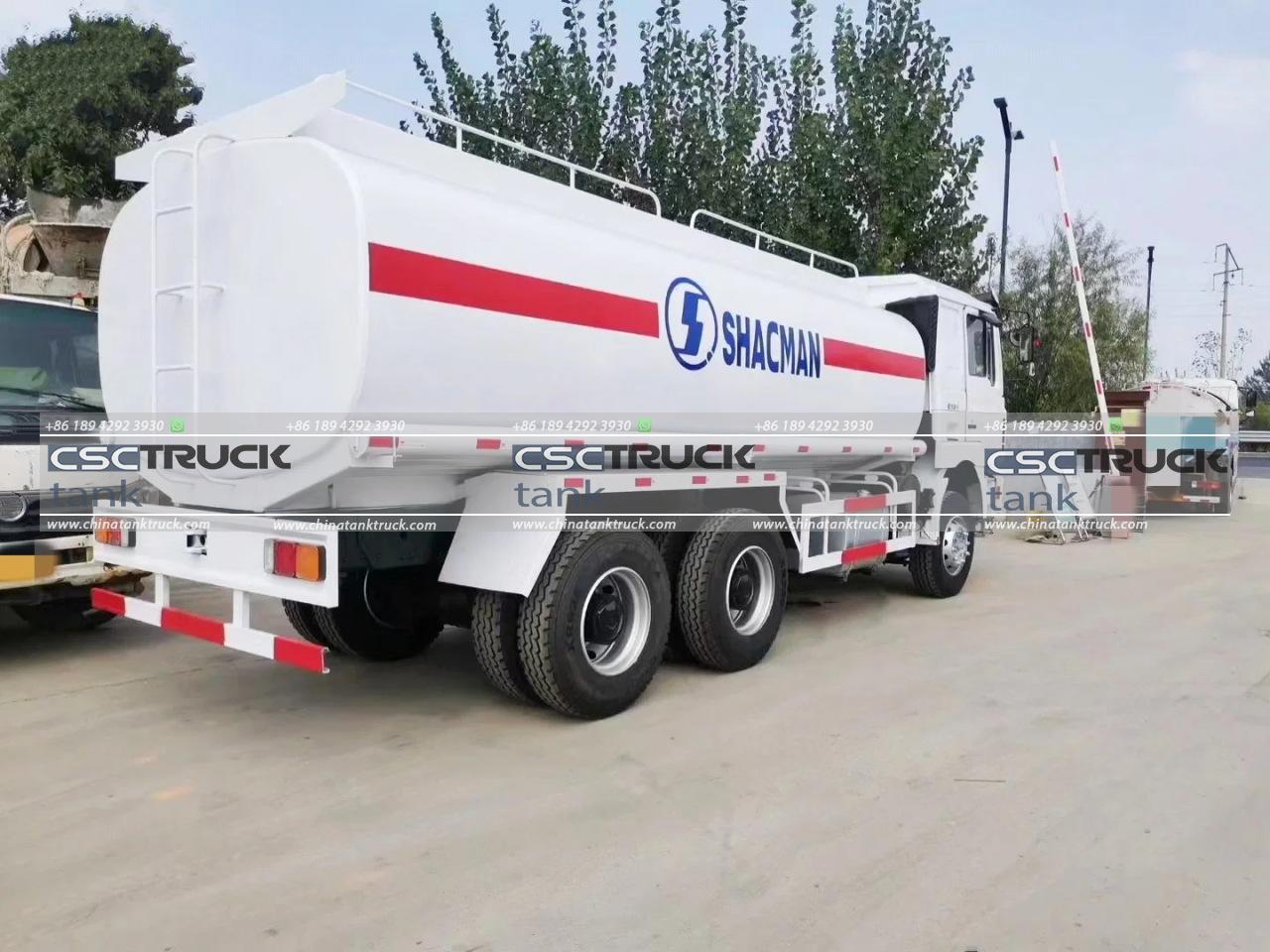In the realm of transportation logistics, efficiency, and reliability stand as the twin pillars upon which successful operations are built. Nowhere is this more evident than in the domain of fuel transportation. The movement of petroleum products from refineries to distribution centers and ultimately to end-users demands a level of precision, safety, and optimization that can only be achieved through specialized equipment and meticulous planning. Enter the optimized fuel tank trucks – the unsung heroes of the petroleum industry.
Introduction
Fuel tank trucks, often simply referred to as tanker trucks, form the backbone of the petroleum supply chain. These vehicles are purpose-built to transport various types of liquid fuels, including gasoline, diesel, jet fuel, and even hazardous materials like crude oil and chemicals. The efficiency and reliability of fuel tank trucks play a critical role in ensuring the continuous flow of energy resources to power industries, businesses, and households worldwide.
The Evolution of Fuel Tank Trucks
Fuel transportation has come a long way since the early days of rudimentary tanker wagons pulled by horses. Today’s fuel tank trucks represent the culmination of decades of technological advancement and engineering innovation. Modern tankers are equipped with state-of-the-art features designed to optimize performance, enhance safety, and minimize environmental impact.

Advanced Design and Construction
Optimized fuel tank trucks are meticulously engineered to meet stringent industry standards and regulatory requirements. From the materials used in construction to the design of the tank compartments and pumping systems, every aspect is carefully considered to ensure maximum efficiency and safety.
Materials and Construction
Fuel tank trucks are typically constructed using high-grade materials such as aluminum or stainless steel to minimize corrosion and ensure product integrity. These materials offer durability and resistance to the harsh conditions encountered during transportation, including exposure to corrosive substances and extreme temperatures.
Tank Compartments and Configurations
One of the key features of optimized fuel tank trucks is their ability to transport multiple products simultaneously without cross-contamination. Modern tankers are equipped with compartmentalized tanks, allowing for the segregation of different fuel types or grades. This capability not only increases operational flexibility but also reduces the risk of product mixing and ensures compliance with strict quality standards.

Pumping and Delivery Systems
Efficient pumping and delivery systems are essential components of any fuel tank truck. Advanced pumping technology enables rapid loading and unloading of fuel, minimizing turnaround times and maximizing productivity. Additionally, automated metering and monitoring systems provide real-time data on fuel levels, flow rates, and other critical parameters, allowing operators to maintain precise control over the delivery process.
Safety Features and Compliance
Safety is paramount in the transportation of hazardous materials such as liquid fuels. Optimized fuel tank trucks are equipped with a comprehensive array of safety features and fail-safe mechanisms to mitigate the risk of accidents and spills. From emergency shutdown systems to advanced vapor recovery systems, these vehicles are designed to ensure the safe and secure transportation of fuel under all conditions.
Environmental Considerations
In an era of increasing environmental awareness and regulatory scrutiny, minimizing the environmental impact of fuel transportation is more important than ever. Optimized fuel tank trucks employ various technologies and practices to reduce emissions, prevent spills, and conserve natural resources.

Emissions Reduction Technologies
Many modern fuel tank trucks are equipped with advanced emissions control systems to minimize the release of harmful pollutants into the atmosphere. These systems may include exhaust gas recirculation (EGR), selective catalytic reduction (SCR), and diesel particulate filters (DPF), among others. By reducing emissions of nitrogen oxides (NOx), particulate matter (PM), and other pollutants, these technologies help mitigate the environmental impact of fuel transportation.
Spill Prevention and Containment
Efforts to prevent spills and minimize environmental damage are a top priority for operators of fuel tank trucks. Rigorous training programs, strict operating procedures, and advanced spill containment systems are employed to minimize the risk of accidents and ensure rapid response in the event of a spill. Additionally, ongoing maintenance and inspection protocols help identify and address potential risks before they escalate into serious incidents.
Conclusion
Optimized fuel tank trucks represent the pinnacle of efficiency, reliability, and safety in the transportation of liquid fuels. Through advanced design, construction, and technology, these vehicles enable the seamless movement of petroleum products from source to destination, powering economies and driving progress around the globe. As the energy demand continues to grow and environmental concerns mount, the importance of optimized fuel transportation solutions will only continue to increase, driving further innovation and evolution in the industry.


